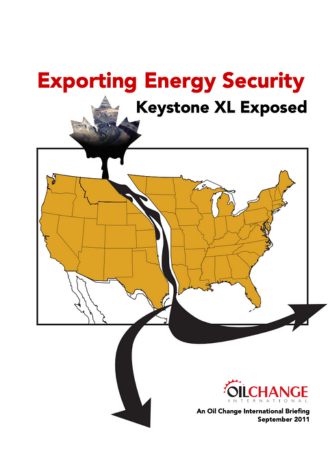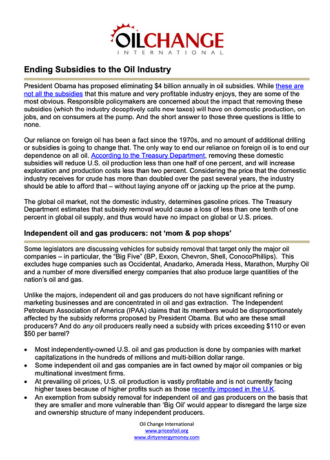
Unclear on the Concept: How Can the World Bank Group Lead on Climate Finance Without an Energy Strategy?
The World Bank Group is experiencing clear difficulties in synching its core lending and its energy strategy with climate goals, and the institution has taken steps that can easily be viewed as creating a conflict of interest. Given these difficulties and contradictions, the institution should focus on cleaning up its own act before making further forays into climate finance initiatives.







